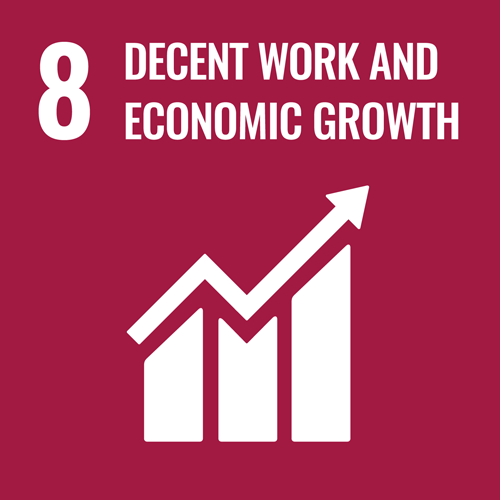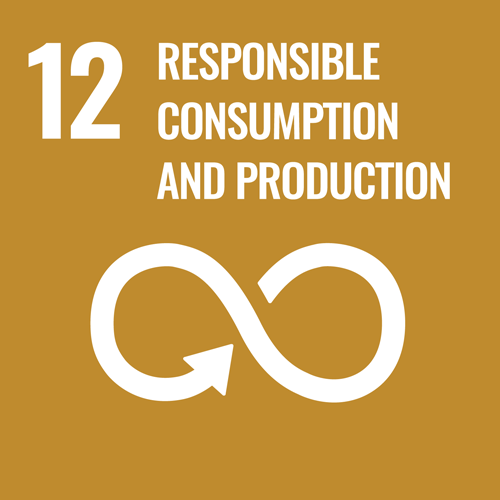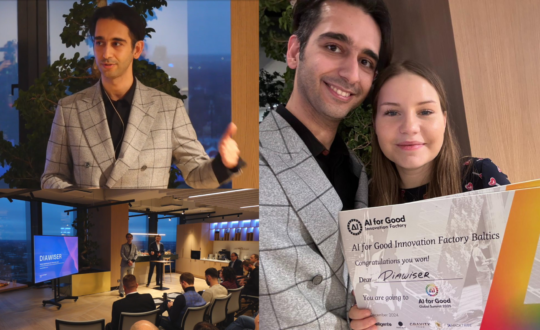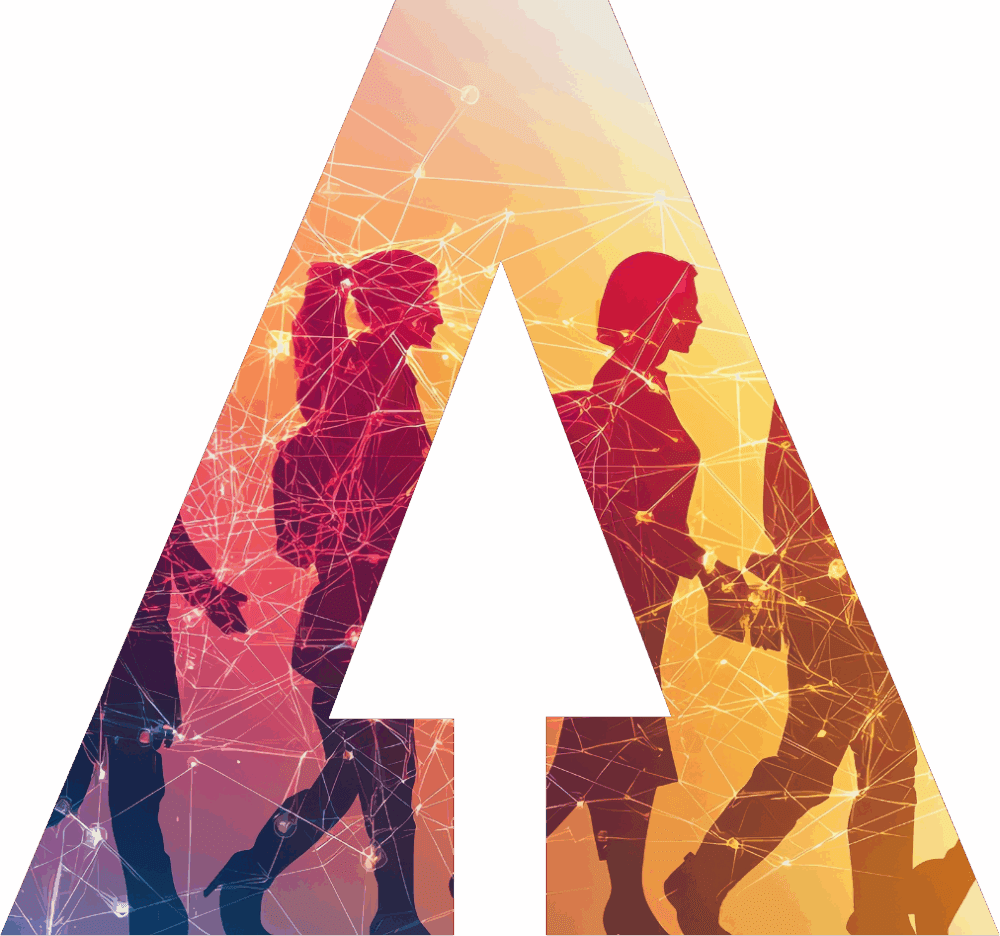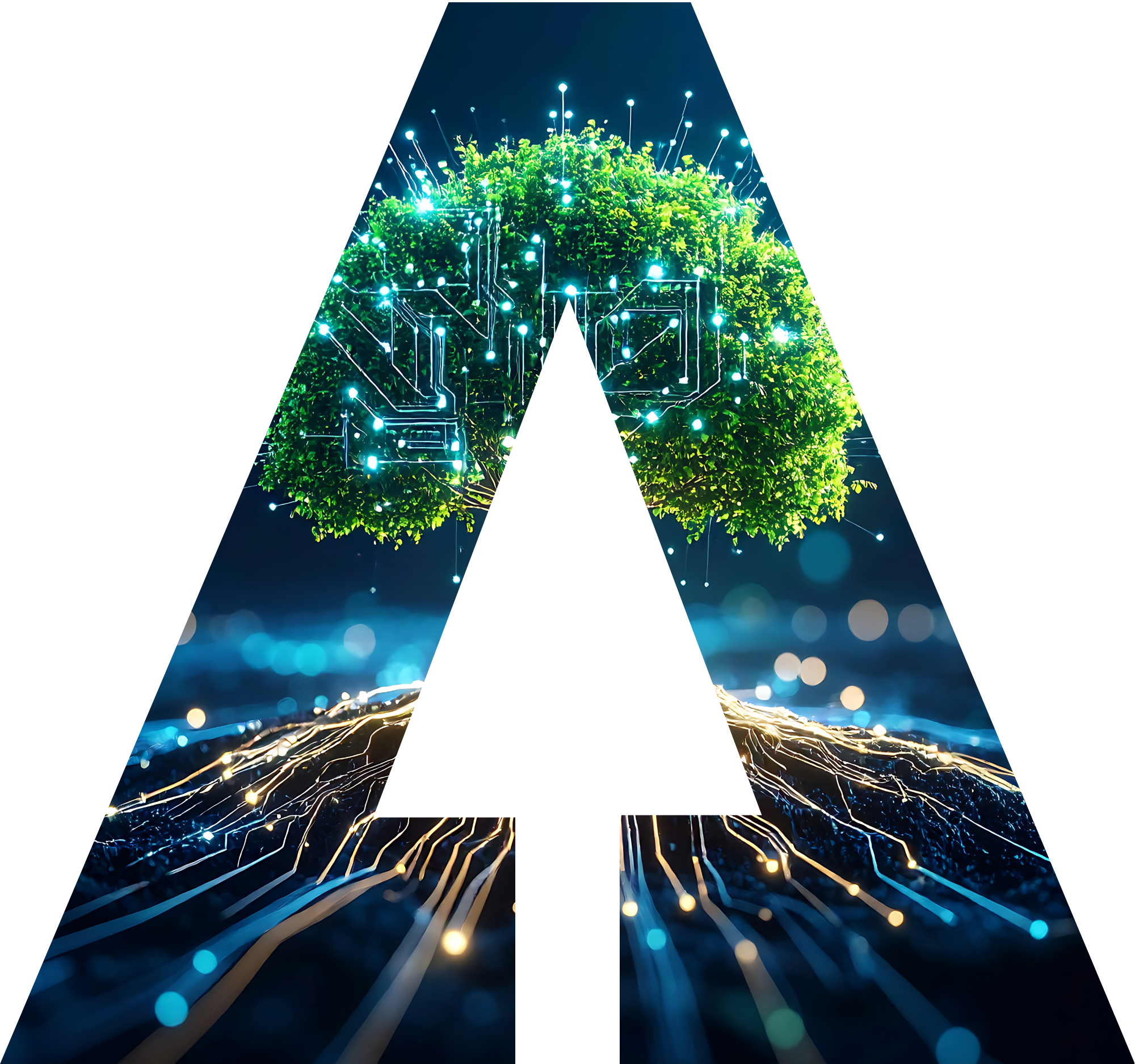AI is quickly becoming integrated into various industries, and the customer service sector is no exception. Many businesses are leveraging AI to improve their customer interactions and overall service efficiency. However, as we move towards a more sustainable future, it’s crucial to consider how AI can be used for good – to support the United Nations’ Sustainable Development Goals (SDGs).
In this blog post, we’ll explore some predictions for the future of AI in customer service and discuss how each technological advancement aligns with different SDGs.
Personalised Customer Interactions
For many years, online customer interactions have been largely scripted and impersonal. But with the help of natural language processing (NLP) techniques, AI can effectively analyse and understand human language, making it possible to have personalised conversations with customers.
This prediction aligns with SDG 3 (Good Health and Well-Being) as it may help to reduce customer frustration and increase satisfaction levels. It may also reduce the number of queries that reach human customer service agents – this can make for a more pleasant experience for workers, promoting healthier customer interactions and ultimately reducing levels of stress and anxiety in the workplace.
Efficient Handling of Customer Queries
AI-powered chatbots are becoming increasingly popular in customer service as they can provide quick and accurate responses to common customer queries. With continuous learning capabilities, these chatbots can handle a wide range of issues, which will serve to free up human agents’ time for more complex tasks that require human input. This aligns with SDG 9 (Industry, Innovation and Infrastructure) as it promotes technological advancements that can boost productivity in the workplace.
Predictive Analytics to Anticipate Consumer Trends
Through predictive analytics, AI can thoroughly analyse customer data and behaviour patterns, allowing businesses to anticipate their needs with a high degree of accuracy. By recognising trends and preferences, AI can provide personalised recommendations tailored specifically to each customer.
This not only enhances the overall customer experience by making interactions more relevant and engaging but also supports SDG 12 (Responsible Consumption and Production). By offering targeted suggestions, AI helps reduce waste and promotes more efficient consumption practices, ultimately contributing to a more sustainable future.
Voice Assistants for Multilingual Support
With the help of AI voice assistants, businesses can provide multilingual support to their customers without the need for human agents who are proficient in different languages. This aligns with SDG 10 (Reduced Inequalities) by promoting equal access to information and services regardless of language barriers.
Virtual Agents for Cost-Effective Customer Service
As AI technology continues to advance, virtual agents may become a more popular option for businesses looking to reduce costs while maintaining quality customer service. These virtual agents can handle multiple inquiries simultaneously, reducing the need to hire humans to fill more monotonous roles, and providing an efficient and cost-effective solution.
This aligns with SDG 8 (Decent Work and Economic Growth) by promoting sustainable economic growth through the use of technological advancements, and supporting workforces to be able to devote their time to alternative career pursuits. Of course, care should be taken to ensure that this promotes career growth for employees – it’s likely the technology will lead to changes in customer service roles, rather than replacing them altogether.
Using AI for Good
The integration of AI in customer service has great potential not only in improving business efficiency but also in supporting various SDGs. As we continue to develop and implement AI solutions, it’s crucial to consider their impact on our sustainability goals, to ensure we use the technology for good. By utilising AI wherever possible, we can more effectively implement sustainability initiatives, improve workplace standards, and take better care of the planet.


 Register here
Register here

